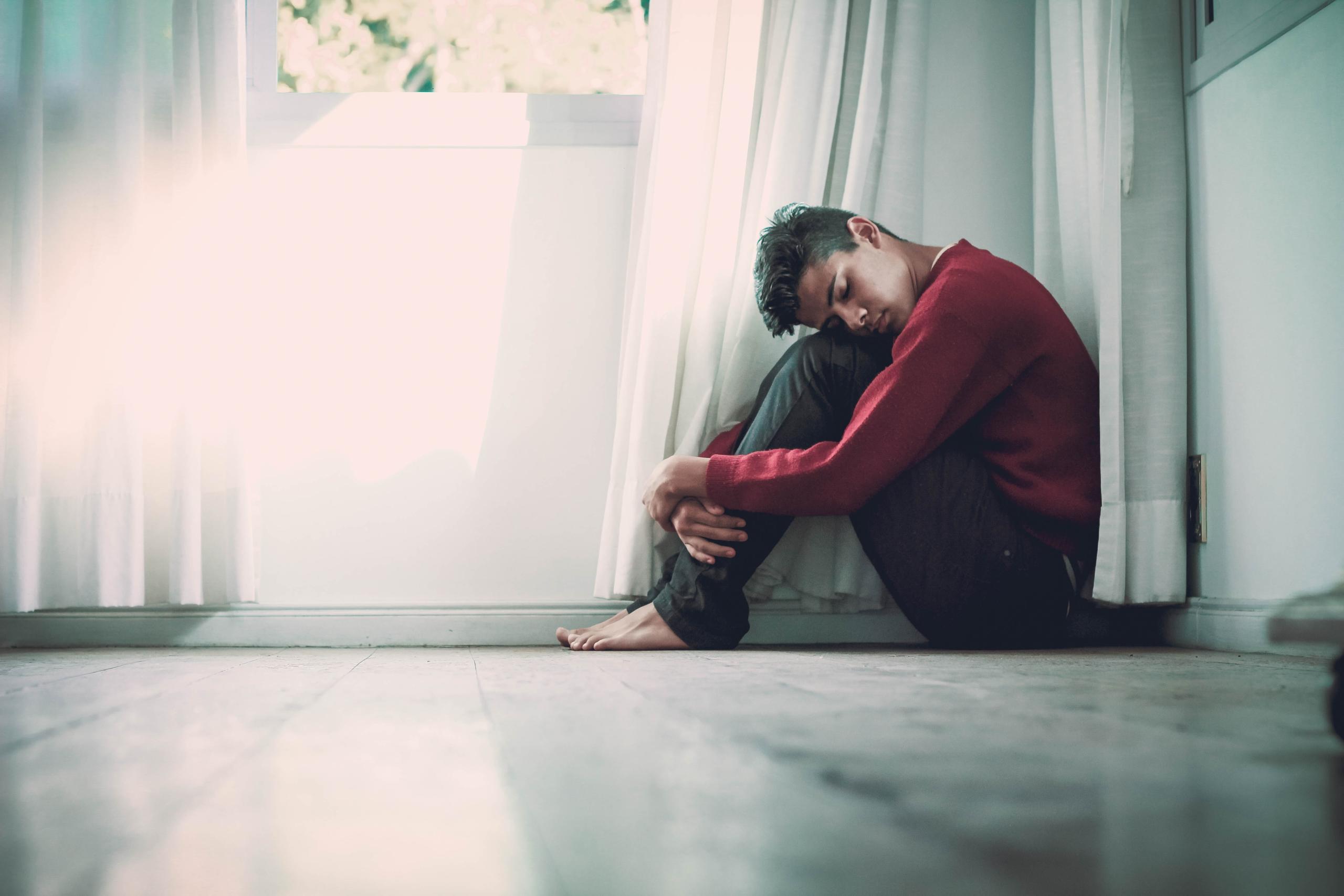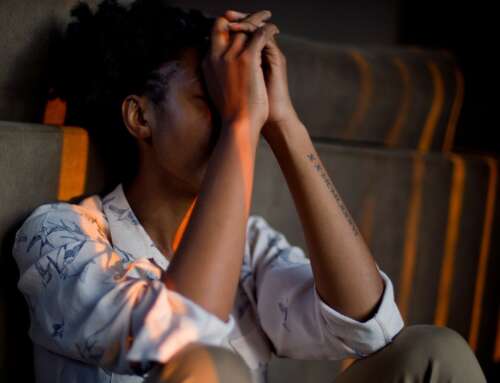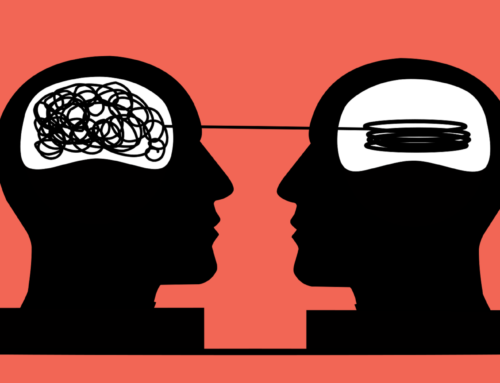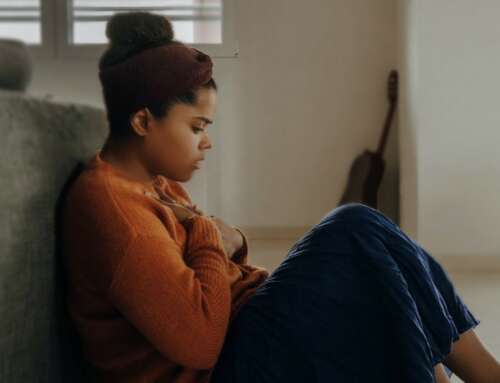The official NHS report found young women aged 17 to 19 were twice as likely as young men to have problems, with 23.9% reporting a disorder.
Problems are less common in younger age groups, but are rising, albeit slowly.
In children aged five to 15, one in nine had a disorder, up from one in 10 when the review was done 13 years ago.
The findings are based on a survey of more than 9,000 young people.
The results have been gathered by statistics body NHS Digital and assessed by experts to try to ensure only diagnosable conditions are included.
Dr Bernadka Dubicka, of the Royal College of Psychiatrists, said the numbers of young women with problems was “alarming”.
She said body image pressures, exam stress and the negative effects of social media may all affect girls disproportionately, while they were also more likely to be victims of abuse and sexual assault.
“We can only speculate. We still do not fully understand this – all we know is that we see more girls in our clinics.
“We have to make sure services are available for them.”
It comes as the Children’s Commissioner for England warned there was a “vast gap” in NHS mental health support.
Anne Longfield’s report criticised slow progress made in improving specialist community services for children.
She said waiting times were too long and she was concerned about numbers being rejected by services in some areas.
Nearly half of those in their late teens with mental health problems had self-harmed or attempted suicide. For younger teens it was about a quarter.
‘I’ve missed so much of my life’
Emma Blezard, 18, says her mental health problems have robbed her of her teenage years.
She started experiencing difficulties when she was 13, suffering from anxiety and panic attacks before developing an eating disorder.
It was a year before she let on to her parents. She ended up having suicidal thoughts and was sectioned in hospital at one point.
“I’ve missed so much of my life because of this illness – I’ve lost friends, I’ve missed birthday, holidays.
“I wish I could do things over.”
Even when she was receiving treatment, she felt she did not deserve it.
“I became really isolated. At school I spent a lot of time out of lessons with the nurse. It was very difficult.”
She has travelled all over the country for treatment and says she still struggles, although her problems are more manageable now.
“I don’t think they will ever go away.”
Is social media to blame for problems young people face?
It may be a factor, although it is hard to tell.
The NHS Digital review found children aged 11 to 19 with a mental health problem were more likely to use social media.
Nearly a third of them spent over four hours a day on social media.
Those who did not have a mental health problem were two to three times less likely to spend that amount of time on it.
The young people with mental health problems were more likely to say their mood was affected by the number of “likes” they got and they were also more likely to compare themselves to others on social media.
The report cited cyber-bullying as an issue too.
But while this does suggest social media can have a negative impact, it does not prove it is to blame.
People with mental health problems may be just more likely to find themselves on it, rather than it causing their problems in the first place. Indeed, they could even be using social media for support.
– Nick Triggle, BBC News
Read more: Mental Health: One in Four Young Women Struggling








Leave A Comment